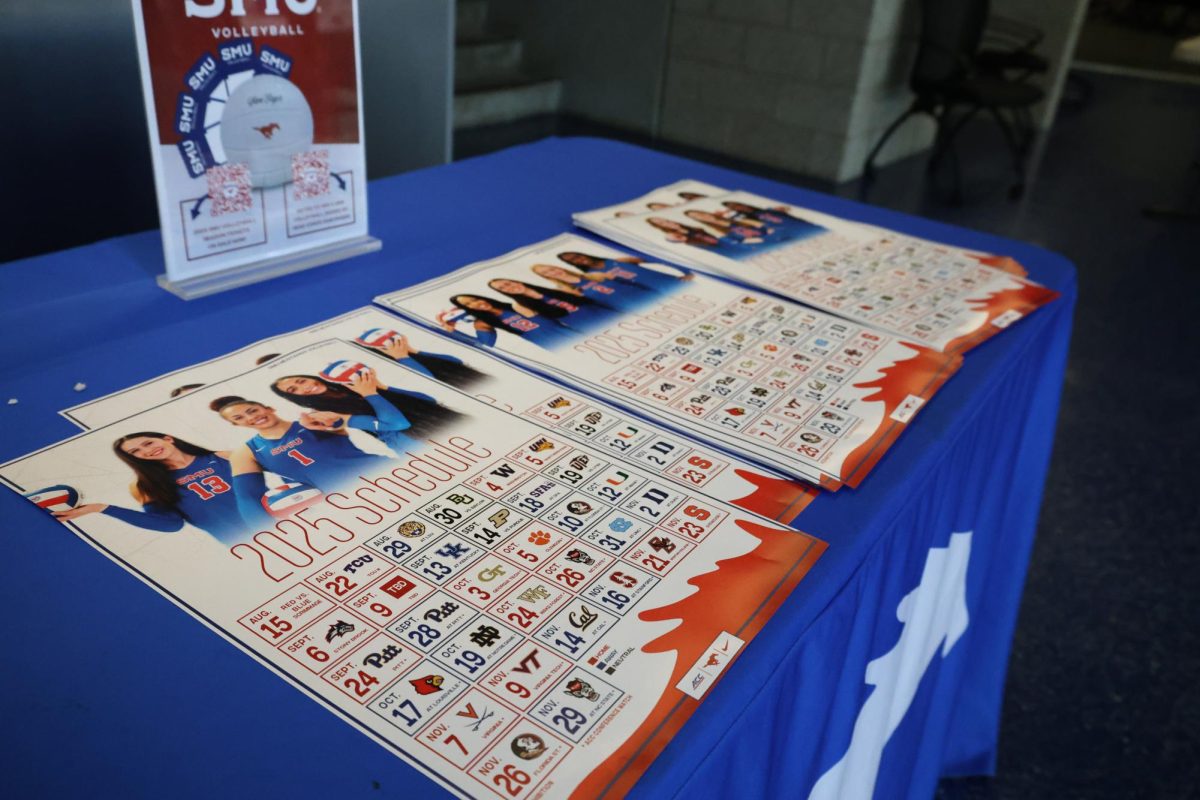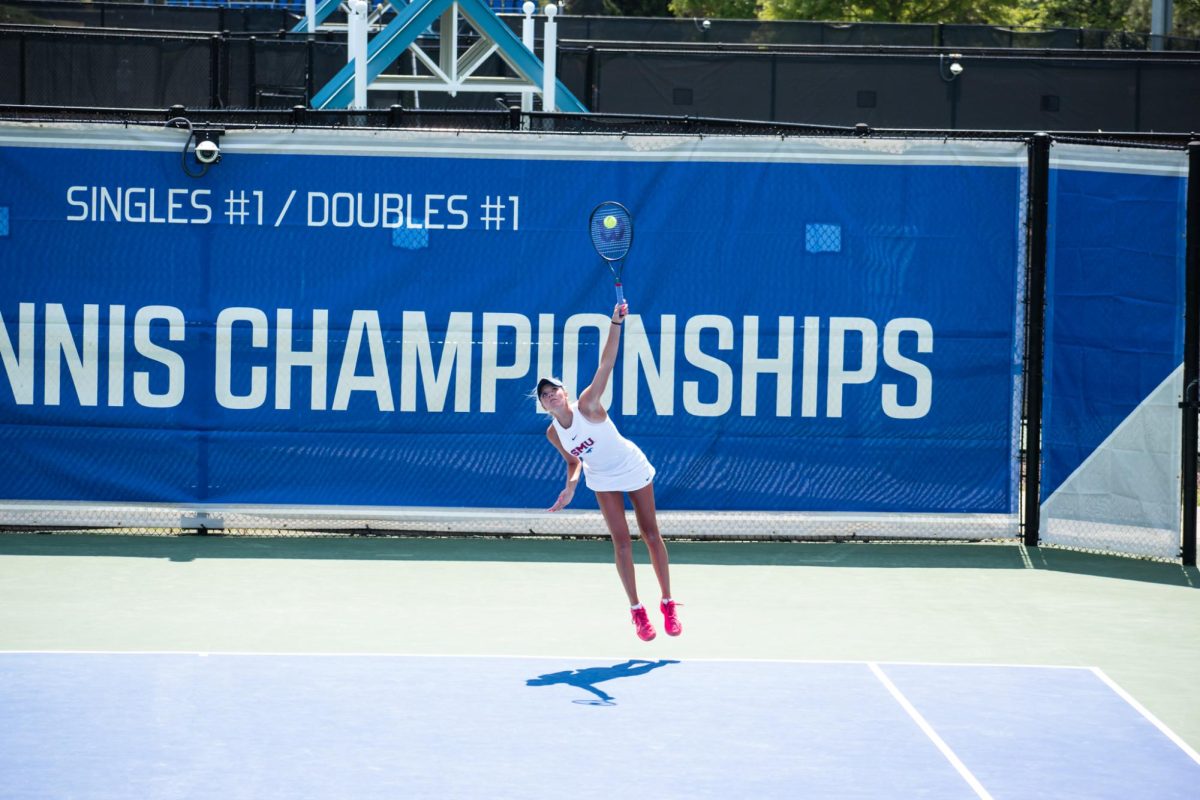The Dallas Stars are set to open its season Oct. 13, in Phoenix. When that Saturday night comes around, it’s possible that Jobing.com Arena, home of the Phoenix Coyotes, will be empty. No lights, no players and no fans. These are the effects of the NHL lockout.
Since 1992, the National Hockey League has lost 1,698 games due to labor issues. That number is expected to go up after the Collective Bargaining Agreement expired at midnight Eastern on Saturday. After months of negotiations, the NHL and the NHL Players’ Association were unable to come to an agreement.
This is the third NHL lockout since 1994, and the first since the lost 2004-05 season The following season saw a flurry of rule changes and a new salary cap system.
Ultimately, these changes were all successful. The NHL signed a 10 year, $2 billion dollar TV deal with NBC in 2011. The salary cap system made the league more competitive, with seven different teams capturing the Stanley Cup in the seven seasons since the lockout. This has all led to record revenue, a reported $3.3 billion last year.
The NHL’s proposals have all had the players’ share of that revenue decrease. Currently the players’ salary comes from their 57 percent share of the overall revenue. The league’s offers would decrease that percentage to 49 this season, and gradually drop to 47 percent over the next six seasons.
The Players’ Association came back with an offer that would see the salary cap go up over the next three years before going to a percentage based split of the revenue.This has led to both sides being hundreds of millions of dollars apart, with neither side willing to budge.
As happened in 2004, players are expected to sign deals and play in various leagues around the world until the NHL and the NHLPA have a new agreement.
Less than a day into the lockout, two of the game’s biggest stars have already signed deals to play in Russia’s Kontinental Hockey League, Detroit’s Pavel Datsyuk and Pittsburgh’s Evgeni Malkin.
Training camps are set to open later this month, but that is now in doubt. If the lockout leads to the cancellation of games, both the league and players will lose millions of dollars.
Neither side wants that, but more importantly, they need to remember who a lockout effects the most-the fans.








